The information revolution is based on what a physicist would call a classical view of information. Quantum effects were long regarded as a mere nuisance for information processing, preventing information in microscopic objects from being observed or copied accurately, but are now known to make possible feats like quantum cryptography and, if a quantum computer can be built, dramatic speedups of some computations. More importantly, the quantum approach has led to a more coherent and powerful way of thinking about information. We review this approach, especially the uniquely strong and private kind of correlation known as entanglement, which plays a role in many ways complementary to classical information. Entanglement helps explain the origin of randomness, why the future is more uncertain than the past, and, paradoxically, the macroscopic world’s superficially classical appearance, which allowed quantum laws to remain undiscovered until the 20th century. In the 21st century quantum information notions are yielding insights into black hole physics and the origin of spacetime.
More details: Event poster
Organiser: Raman Research Institute, India
---------------------------------------------
*Disclaimer: The World Quantum Day is not responsible for the accuracy of the information submitted about this event.

